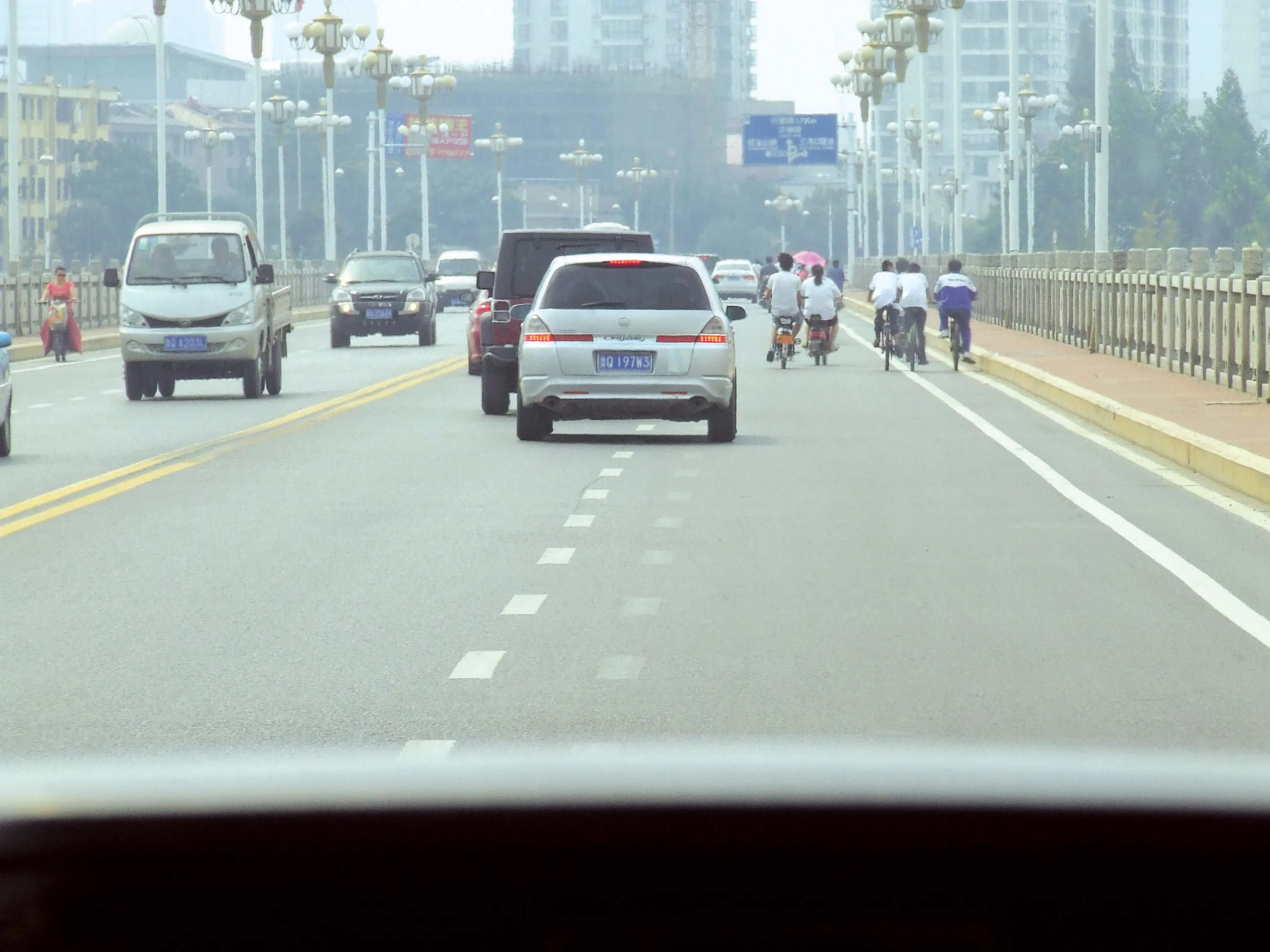The Philippines Government appointed National Economic and Development Authority (NEDA) Investment Coordination Committee-Cabinet Committee (ICC-CabCom) has approved the Cavite-Laguna Expressway (CALAX) project.
August 7, 2012
Read time: 1 min
The Philippines Government appointed 6316 National Economic and Development Authority (NEDA) Investment Coordination Committee-Cabinet Committee (ICC-CabCom) has approved the Cavite-Laguna Expressway (CALAX) project.
Costing US$ 1.02 billion (PHP 43.32bn), CALAX will span just over 47km from the end of Cavite Expressway in Kawit, Cavite, to the Mamplasan Interchange of the South Luzon Expressway in Biñan, Laguna. The project will be partially financed via2416 Japan International Cooperation Agency's (JICA) Official Development Assistance (ODA) and public-private partnership (PPP).
Costing US$ 1.02 billion (PHP 43.32bn), CALAX will span just over 47km from the end of Cavite Expressway in Kawit, Cavite, to the Mamplasan Interchange of the South Luzon Expressway in Biñan, Laguna. The project will be partially financed via







